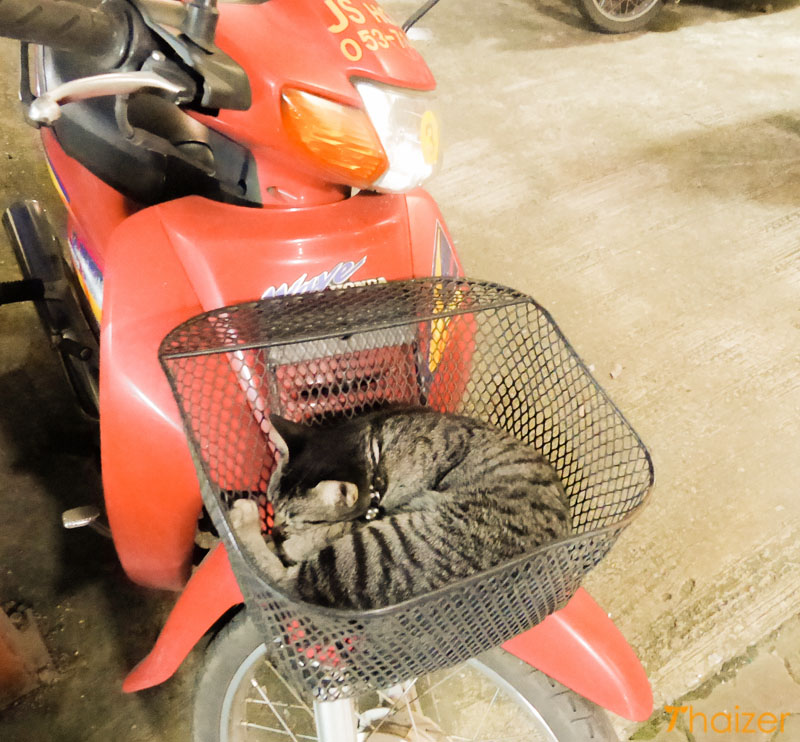If you look in a Thai-English dictionary the translation for the word ‘sabai‘ will probably say ‘comfortable’, but that doesn’t really explain how important this word is in the Thai language or the Thai approach to life. Traditionally speaking, Thais like things to be sabai sabai with the word repeated to add extra emphasis a bit like saying very comfortable or really relaxed. There are numerous ways sabai is used in the Thai language and even if you don’t speak any Thai, you are still likely to be able to pick out the word sabai when you are in Thailand because it is so commonly used. Thai people may greet you with the question ‘sabai dee mai?‘ which is the equivalent of saying ‘how are you?’ They will also add the polite word khap or ka at the end depending on if they are male or female. A standard response would be ‘sabai dee‘ which would be the same as saying ‘I’m fine’, ‘I’m well’ or ‘I’m good’. Again, to make the response more polite you should add khap or ka as appropriate e.g. a man would reply by saying ‘sabai dee khap‘ (‘I’m fine thank you’).
The kitten sleeping in the motorcycle basket in the photo below has found somewhere quiet and is ‘lap sabai‘ (sleeping well). Hotels and guest-houses in Thailand also use the name lap sabai to suggest you’ll get a good night’s sleep there although it may sometimes be written differently when transliterated e.g Lub Sbuy guest house in Phuket. It’s also common in Thailand for hotels to use variations of baan sabai (comfortable home) in their names whilst sabai routinely crops up in the names of restaurants, bars and massage shops.

sabai sabai for this kitten in Chiang Rai
Here are some more common examples of sabai in everyday use: